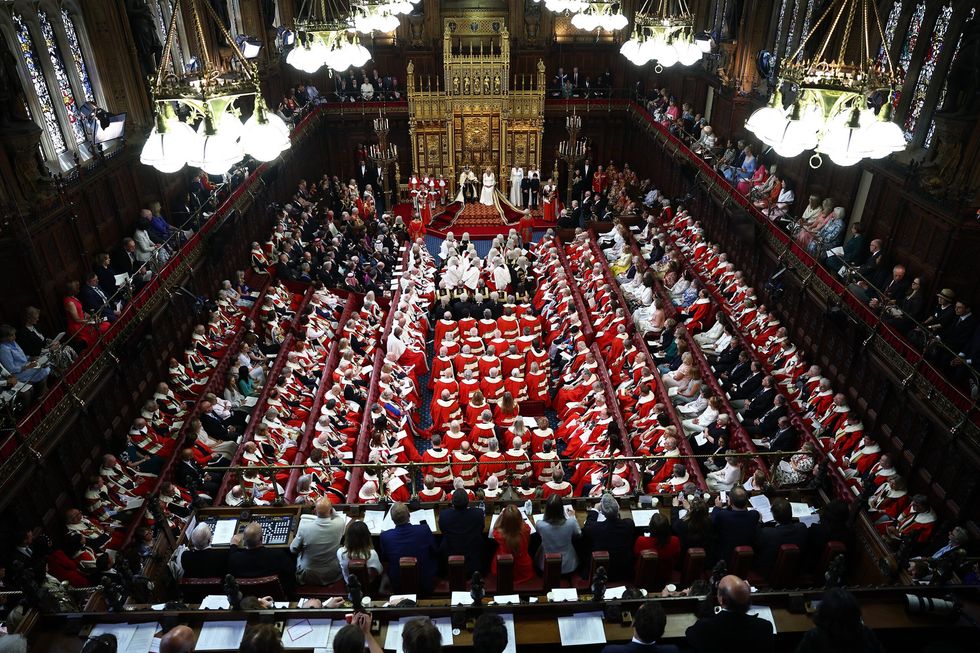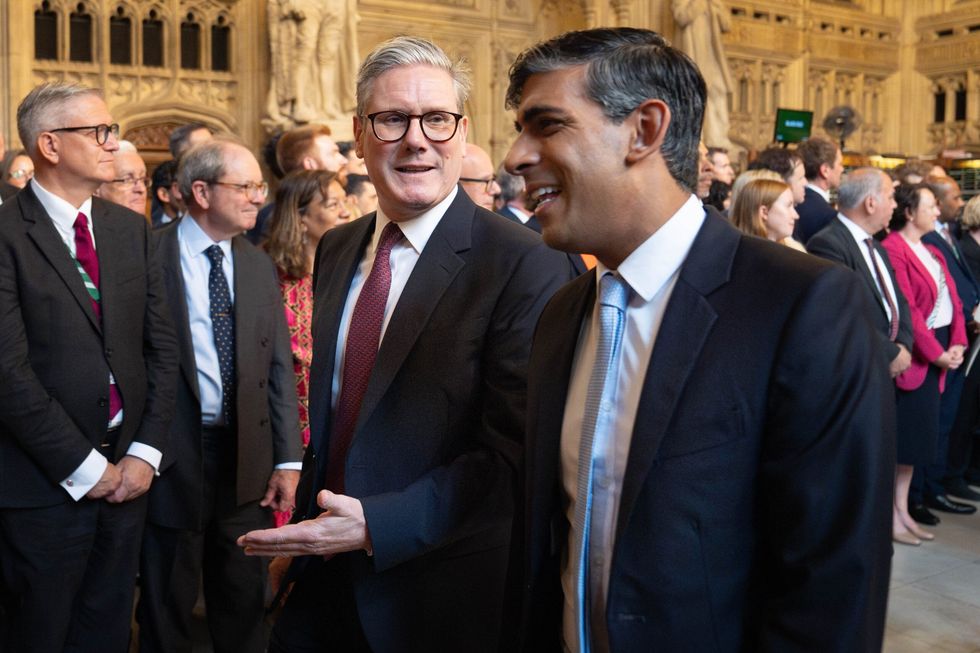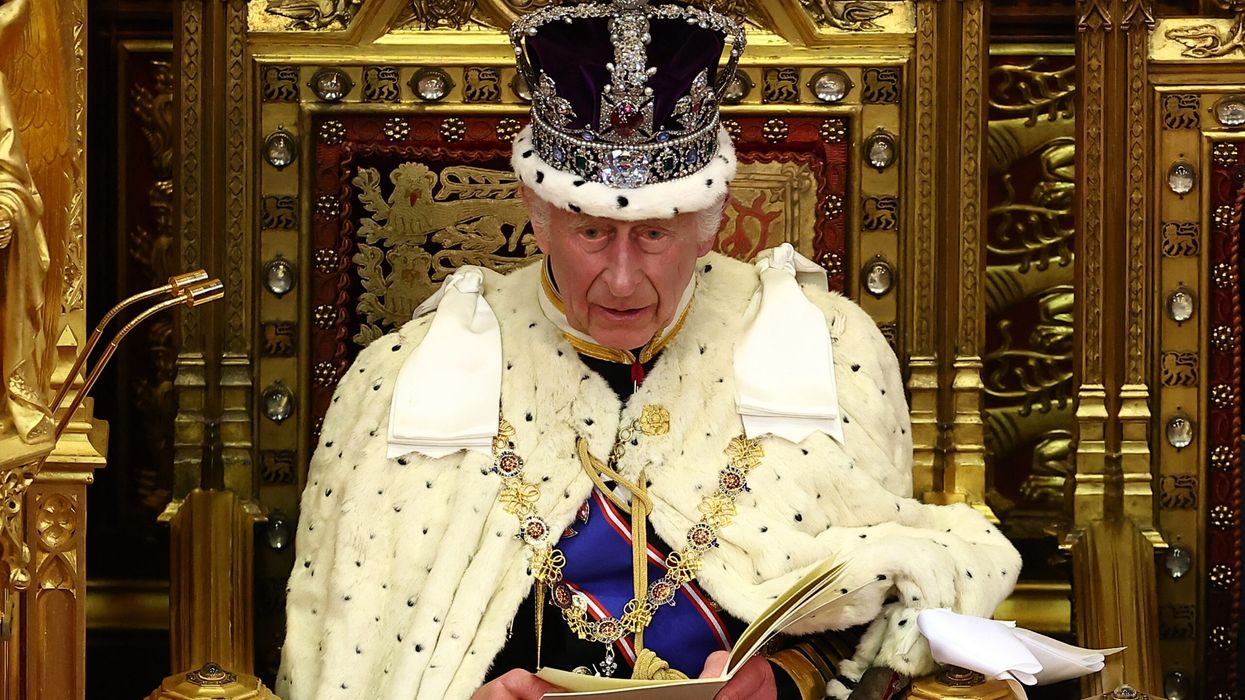King Charles outlined Labour's first government programme in 15 years on Wednesday, focusing on economic stability, tougher action on irregular immigration, and improving post-Brexit relations with Europe.
"We will unlock growth and take the brakes off Britain," prime minister Keir Starmer stated in his remarks before the King's Speech, a traditional event that details the laws the government plans to introduce over the next year.
Despite its name, the address is written by the government, not the monarch. This was Labour's first such speech since they were last in power in 2010.
Wearing the Imperial State Crown, his Admiral of the Fleet uniform, and the crimson Robe of State, King Charles delivered Labour's proposals from a golden throne in the House of Lords, following a carriage procession from Buckingham Palace.
The speech included over 35 bills, such as measures to enforce public spending rules and an independent assessment of future budgets to prevent a repeat of former prime minister Liz Truss's 2022 mini-budget that negatively impacted the economy.

Labour announced plans including the launch of a wealth fund to attract investment to the UK and a publicly owned body to boost clean energy by 2030. Other proposals included accelerating housebuilding and taking Britain's rail services back into public ownership.
There was also a plan for a new border security command with enhanced "counter-terror powers" to combat "immigration crime," as part of Starmer's pledge to tackle migrant crossings from northern France.
Labour returned to government after a landslide victory against Rishi Sunak's Conservatives earlier this month. The hard-right Reform UK party led by Eurosceptic Nigel Farage secured five seats.
"The snake oil charm of populism may sound seductive, but it drives us into the dead end of further division and greater disappointment," Starmer said, promising a government of "service".
The King's Speech included a bill to strengthen workers' rights and plans to reform the House of Lords by removing the right of hereditary titleholders to sit there. Sunak's proposal to phase out smoking and plans for a football regulator were also included.
Labour pledged to repeal a controversial act that granted conditional immunity to those who committed crimes during the Troubles in Northern Ireland.
"This is a hungry party," former Labour minister Tony McNulty said before the speech. "They are eager to show they can return to being the natural party of government."
The agenda did not mention lowering the voting age to 16 or ending the two-child limit for welfare payments, which many Labour MPs support.
The day's ceremonies began with royal bodyguards searching the Palace of Westminster's basement for explosives, a tradition from the failed 1605 plot to blow up parliament. The king then travelled from Buckingham Palace to the Houses of Parliament, escorted by mounted cavalry.

A small group of anti-monarchy protesters chanted "Not my king" outside parliament, and the Metropolitan Police arrested 10 members of the activist group Youth Demand on suspicion of conspiracy to cause public nuisance.
An MP was ceremonially held "hostage" in the palace to ensure the King's safe return. A parliamentary official known as Black Rod had the door of the House of Commons slammed in her face, symbolising parliament's independence from the monarchy. MPs then followed Black Rod to the upper chamber, where King Charles delivered the speech.
In line with the convention that the monarch is above politics, he remained expressionless throughout.
Sunak, who plans to step down as Tory leader once a successor is found, acknowledged that Labour had "tapped into the public's desire for change" and "must now deliver change".
(With inputs from AFP)





